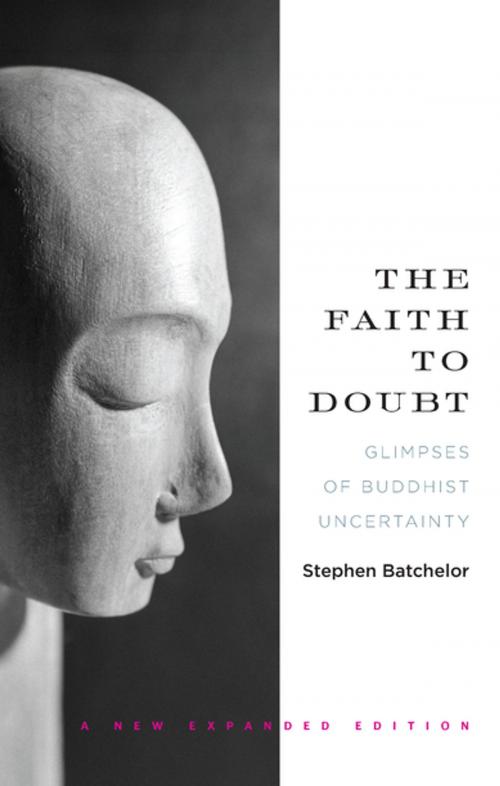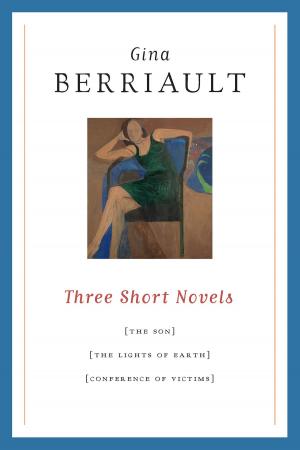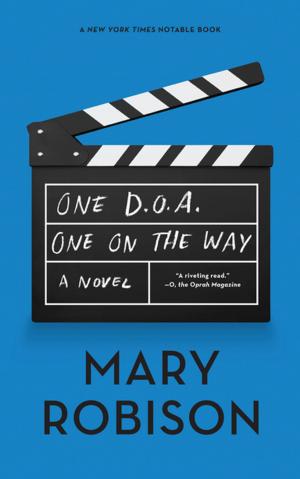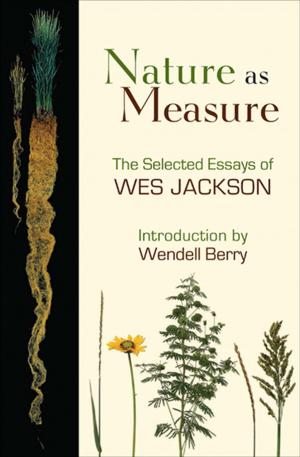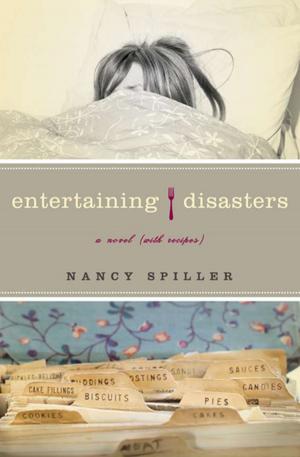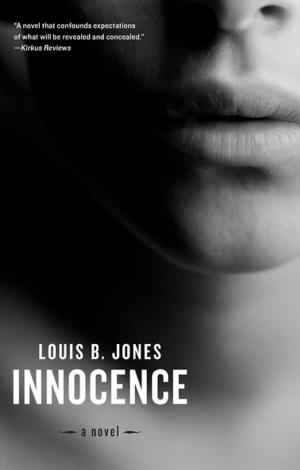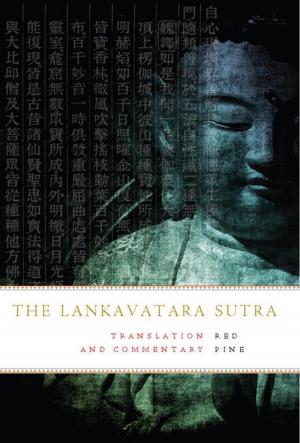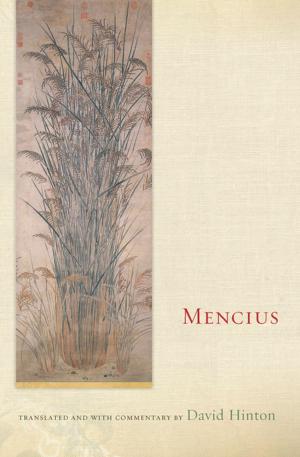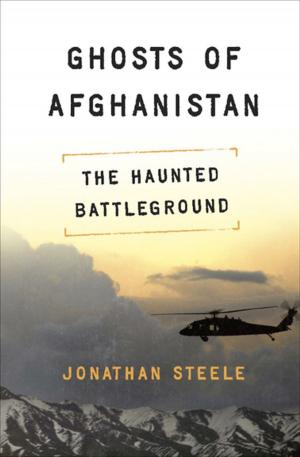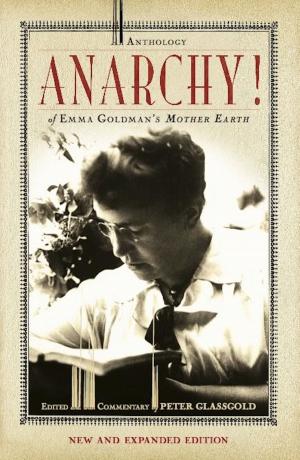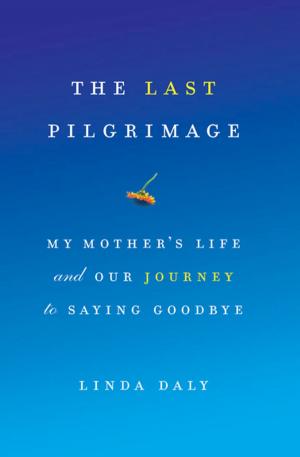The Faith to Doubt
Glimpses of Buddhist Uncertainty
Nonfiction, Religion & Spirituality, Eastern Religions, Buddhism, Biography & Memoir, Religious, New Age| Author: | Stephen Batchelor | ISBN: | 9781619026360 |
| Publisher: | Counterpoint | Publication: | April 1, 2015 |
| Imprint: | Counterpoint | Language: | English |
| Author: | Stephen Batchelor |
| ISBN: | 9781619026360 |
| Publisher: | Counterpoint |
| Publication: | April 1, 2015 |
| Imprint: | Counterpoint |
| Language: | English |
Kierkegaard said that faith without doubt is simply credulity, the will to believe too readily, especially without adequate evidence, and that in Doubt can Faith begin.” All people involved in spiritual practice, of whatever persuasion, must confront doubt at one time or another, and find a way beyond it to belief, however temporary. But faith is not equivalent to mere belief. Faith is the condition of ultimate confidence that we have the capacity to follow the path of doubt to its end. And courage.”
In this engaging spiritual memoir, Stephen Batchelor describes his own training, first as a Tibetan Buddhist and then as a Zen practitioner, and his own direct struggles along his path. It is most uncanny that we are able to ask questions, for to question means to acknowledge that we do not know something. But it is more than an acknowledgement: it includes a yearning to confront an unknown and illuminate it through understanding. Questioning is a quest.”
Batchelor is a contemporary Buddhist teacher and writer, best known for his secular or agnostic approach to Buddhism. He considers Buddhism to be a constantly evolving culture of awakening rather than a religious system based on immutable dogmas and beliefs. Buddhism has survived for the past 2,500 years because of its capacity to reinvent itself in accord with the needs of the different Asian societies with which it has creatively interacted throughout its history. As Buddhism encounters modernity, it enters a vital new phase of its development. Through his writings, translations and teaching, Stephen engages in a critical exploration of Buddhism's role in the modern world, which has earned him both condemnation as a heretic and praise as a reformer.
Kierkegaard said that faith without doubt is simply credulity, the will to believe too readily, especially without adequate evidence, and that in Doubt can Faith begin.” All people involved in spiritual practice, of whatever persuasion, must confront doubt at one time or another, and find a way beyond it to belief, however temporary. But faith is not equivalent to mere belief. Faith is the condition of ultimate confidence that we have the capacity to follow the path of doubt to its end. And courage.”
In this engaging spiritual memoir, Stephen Batchelor describes his own training, first as a Tibetan Buddhist and then as a Zen practitioner, and his own direct struggles along his path. It is most uncanny that we are able to ask questions, for to question means to acknowledge that we do not know something. But it is more than an acknowledgement: it includes a yearning to confront an unknown and illuminate it through understanding. Questioning is a quest.”
Batchelor is a contemporary Buddhist teacher and writer, best known for his secular or agnostic approach to Buddhism. He considers Buddhism to be a constantly evolving culture of awakening rather than a religious system based on immutable dogmas and beliefs. Buddhism has survived for the past 2,500 years because of its capacity to reinvent itself in accord with the needs of the different Asian societies with which it has creatively interacted throughout its history. As Buddhism encounters modernity, it enters a vital new phase of its development. Through his writings, translations and teaching, Stephen engages in a critical exploration of Buddhism's role in the modern world, which has earned him both condemnation as a heretic and praise as a reformer.
